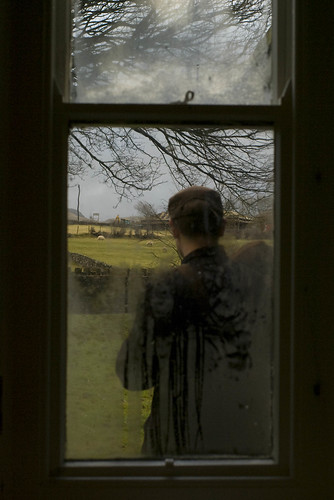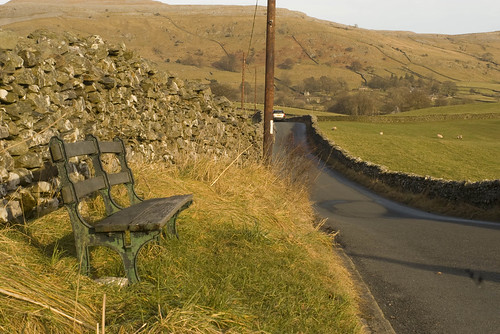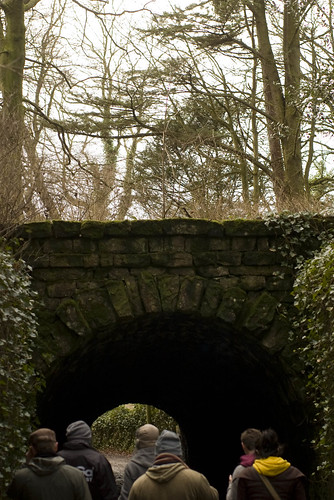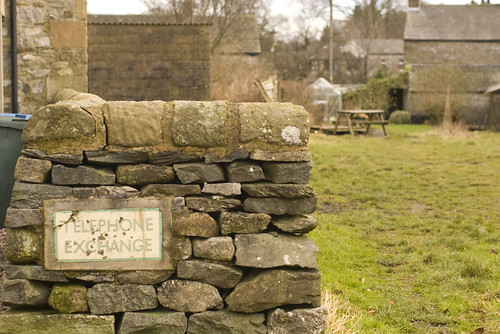The more I read about the Holocaust, the less I understand. Silence is imposed and Lena Olin's last words at the end of The Reader that we watched yesterday become resonant.
“Go to the theater if you want catharsis. Go to literature. Don’t go to the camps. Nothing comes out of the camps.”
Below a few non-important things I've read on mourning, how and what we remember and Hollywood.
Tuesday
[today] is
Holocaust Memorial day, though you might be forgiven for thinking that so is every day. Primo Levi found it hard to get published in the aftermath of the second world war, but today the flow of books, TV programmes and films on the subject is unstaunched. Yet many impede rather than enhance understanding.
This may sound a bit rich coming from someone who has added to the pile. I'm delighted, naturally, that next week Faber is republishing my family memoir, The War After, which recounts the experiences of my parents in Poland before the war and their survival during it. My father lost 120 members of his family (who knew that families could have so many members to lose?) but himself survived the Russian labour camps. My mother, a concert pianist and soloist with the Berlin Philharmonic at 18, survived Auschwitz-Birkenau and Plaszow (where playing a Chopin nocturne for commandant Amon Goeth saved her life). But I wrote The War After to show that there are no happy endings to the Holocaust: the book is also about its impact on the generations born after, especially the so-called "second generation" in Britain and my own personal story - my sense that I was somehow charged with keeping my parents alive and redeeming their suffering. These psychosocial consequences of the intergenerational transmission of grief, it turned out, were shared by many, perhaps the majority, of those who grew up in the shadow of the Holocaust or in families with parallel histories of persecution. Readers wrote me powerful letters - more than 200 - detailing how grief and loss had been secreted in their own post-Holocaust families.
If I have ambivalent feelings about The War After, it's not just because it's far more intimate a book than I'd be comfortable writing today, but also because when it was first published, in 1996, there wasn't yet a plethora of books and memoirs on the Holocaust. The subsequent, belated public debate has meant that families such as mine no longer feel the burden of historical memory as ours alone. Yet we've now become saturated with images and accounts of the Holocaust.
The writer Gabriel Josipovici has distinguished between "dialogic memory" (memory which emerges from discussion, scholarship and attention to historical detail) and "mythic memory", a simplified version - history as slogan. Memoirs might seem to belong to the first kind of memory, but can be used to idealise survivors and appropriate their stories for ideological ends. The new film Defiance starring Daniel Craig (right), about a small band of Jewish resistance fighters in Nazi-occupied Belarus, tries to counter the "like lambs to the slaughter" Holocaust narrative, but can't help but traduce the memory of those millions for whom resistance was utterly unfeasible. Based on Nechama Tec's 15-year-old book, the film was released while Israel was bombing Gaza, bringing disturbing connotations to its Jewish "self-defence" message, which is also historically inaccurate: it depicts the partisans fighting the Nazis when in truth they avoided confrontation with the Germans and just tried to stay alive.
Valuable new scholarship about the Holocaust, as well as powerful personal testimony, is still emerging, while widespread ignorance and Holocaust denial are rife. Our obsession with this singular catastrophe derives partly from what Alvin Rosenfeld has called the "fascination of abomination", and brings with it the risk of creating an "erotics of Auschwitz".
As we move further away from the Holocaust, how we remember has become as important as what: our almost voyeuristic compulsion is born more of current needs for clear "goodies and baddies" than of any reflective historical stance that chronicles the unimaginable. It is more likely to foster paranoia than help in the task of collective mourning. Without the latter, we may be fighting "the war after" for a long time to come.
Anne Karpf
and the oscar for the best aryan costume design of the year goes to....









